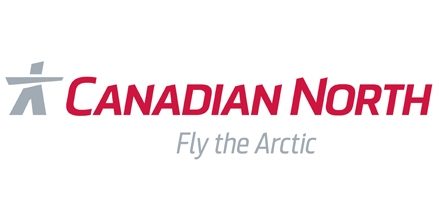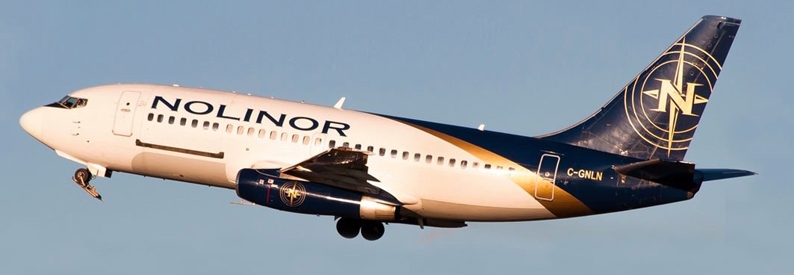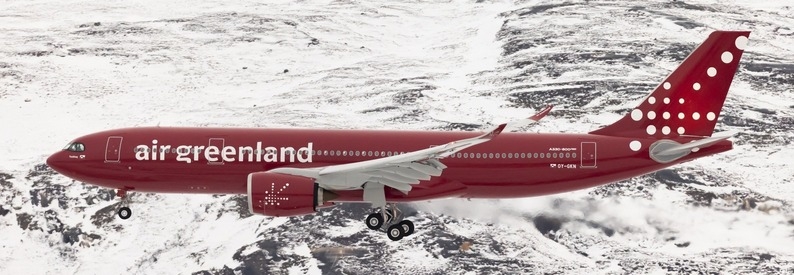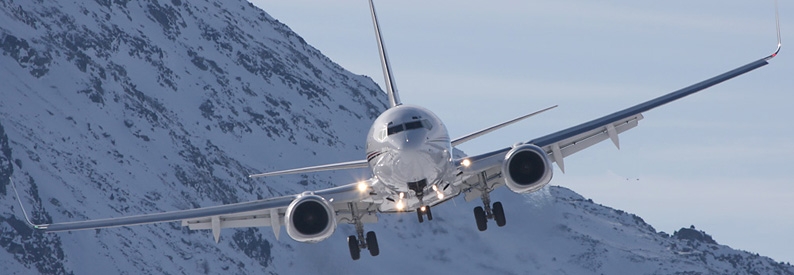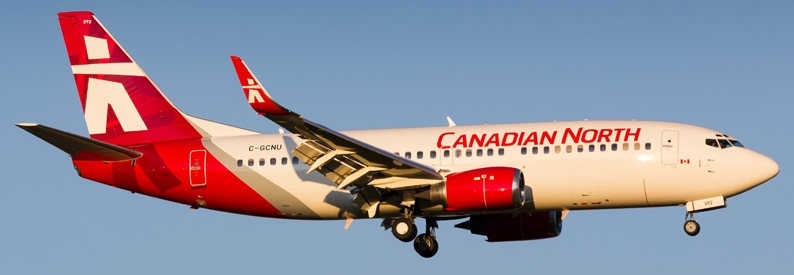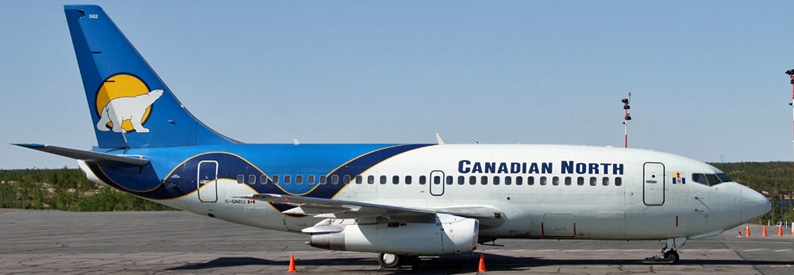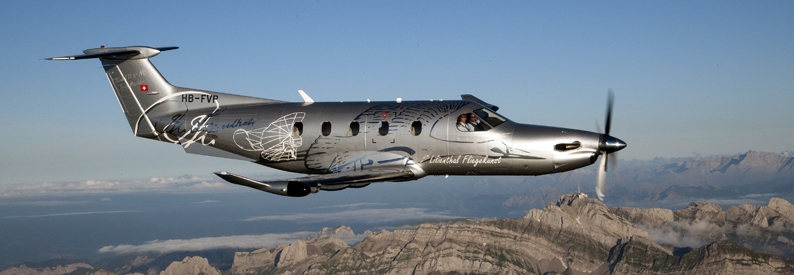The Canadian Competition Bureau (CCB) has come out against a proposed merger between two northern Canadian specialist carriers citing the potential for a monopoly to emerge.
First Air (Carp) and Canadian North (5T, Yellowknife) resurrected plans to merge in July last year following the signing of an agreement in principle between their respective parent firms, Makivik Corporation (Makivik) and the Inuvialuit Corporate Group (ICG).
The airlines, which both specialise in serving Canada's remote Nunavut and Northwest Territories, had seen the merger as means to boost profitability through increased economies of scale, reduced unit costs, and improved service quality.
However, in its report to the Canadian Ministry of Transport issued on Tuesday, February 26, the CCB said the merger of First Air and Canadian North was likely to result in a substantial lessening of competition in the provision of passenger travel and cargo services.
The regulator said the tie-up would affect all of the two carriers' overlapping origin-destination pairs except Edmonton International-Yellowknife.
"In particular, in the Kitikmeot region, the Qikiqtaaluk region, the Mackenzie Valley region, the Ottawa International–Iqaluit route, and the Trans–Arctic route, the Parties are the only airlines offering scheduled service on the overlapping routes and as a result, the Proposed Transaction represents a merger to monopoly on a significant number of overlapping origin-destination pairs," it said.
The CCB said that given the circumstances, the likelihood of any new entrants and therefore competitors, was low given the difficulties they would face in breaking into the Northern Canadian market. Among the unique challenges they would face include unpredictable weather, the need for specialised equipment, regulatory requirements, access to feeder traffic, and capital costs associated with acquiring or leasing aircraft as well as securing infrastructure such as hangars, cargo handling facilities, and other equipment.
In addition, the CCB said that even if a new entrant were to venture into the Canadian North/First Air market, there would be a strong reliance on major contracts from entities such as large cargo customers or governments to render any route profitable in its early stages.
Given these constraints, the CCB said the merged entity would have the ability and incentive to materially raise prices, lower the quality of service to passengers and cargo customers on all affected routes except Edmonton-Yellowknife, and to reduce flight schedules.
In response, the Makivik Corporation and Inuvialuit Development Group said the CCB's report suggested what they termed, "a superficial understanding" of what the two Inuit organisations were proposing in order to create sustainable transport across Canada's North.
"The Bureau's narrowed focus ignores the economic realities (i.e., significant inefficiencies due to overlapping routes, insufficient demand and redundant schedules servicing small and sparsely settled remote communities over vast distances) which are driving the parties – who otherwise face the risk of being driven out of business – to do this deal," they argued.
"A merger will allow us to realise operational efficiencies that are needed to bridge the service gap and continue to be financially viable. Contrary to what the Bureau has written in its report, our airlines already face direct competition and the constant possibility of new competitors every day. Our steadfast goal is to provide customers with quality, sustainable air services at competitive prices as a strong, single airline."
The final decision regarding the proposed merger will be made by the Governor in Council (Cabinet) based on advice from the Minister of Transport.
